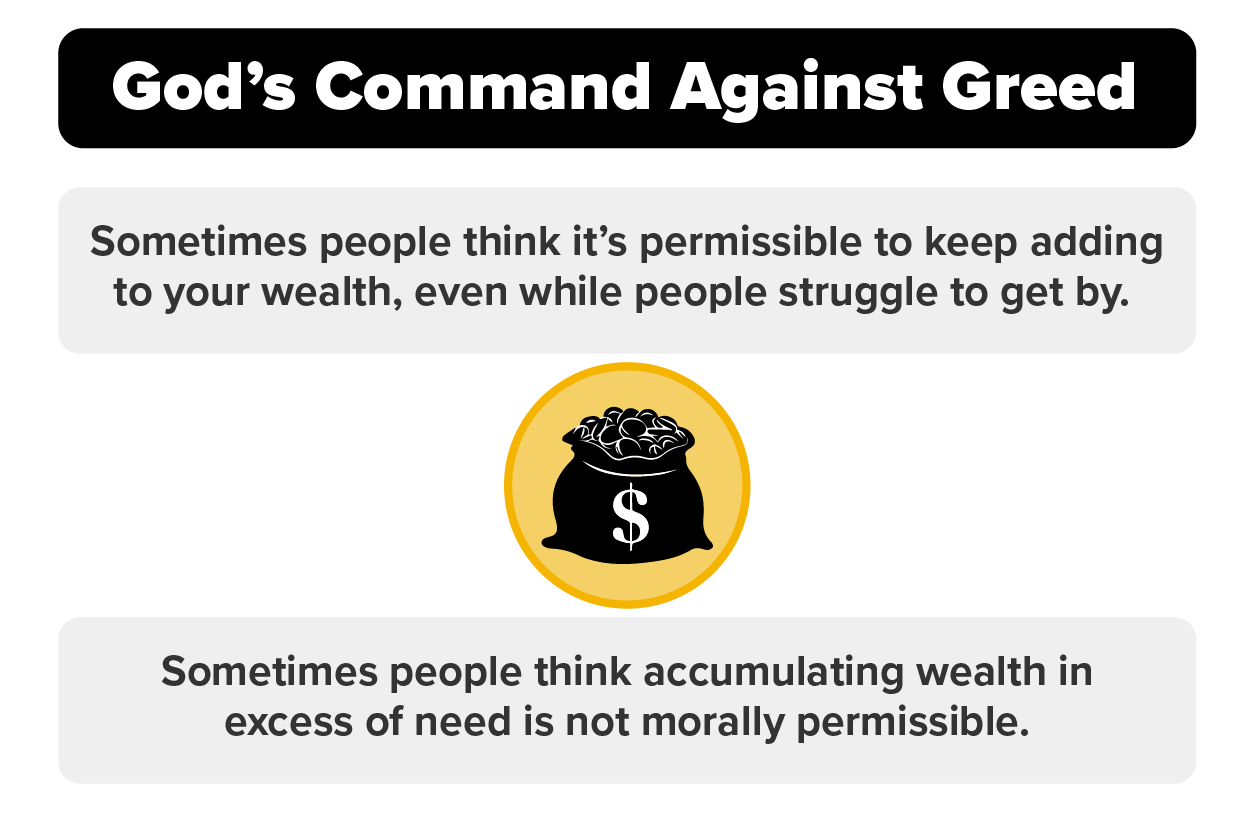Table of Contents |
To begin with, recall that divine command theory says that we can only know if an action is right or wrong on the basis of God's commands. If you want to evaluate actions according to this ethical theory, then you must find out what God has to say about it. If you cannot find a command for a certain action, then it is neither wrong nor right.
Sometimes our standard or everyday understanding of right and wrong agrees with what God commands.
EXAMPLE
Many cultures consider cheating on your spouse to be morally wrong. In Abrahamic religions, this is following God’s command against adultery. Another common ethical view is that stealing is wrong. Again, this is in agreement with divine command theory since there is a prohibition against stealing in the Ten Commandments.There are actions or practices that many people would think are neutral (in the moral sense of being permissible but not obligatory), which God commands against.
EXAMPLE
Consider someone who admires their favorite artist and finds spiritual fulfillment because of this. Although many people may not understand this relationship to art, they wouldn’t usually object to it morally. For a divine command theorist, however, this is morally impermissible since God commands against idolatry (the worship of created things, such as images).It may also happen that there are things you would find morally impermissible but divine command theorists would say are obligatory because they are actions that God commands you must do.
EXAMPLE
If you sacrificed your son, most people would think this is morally terrible. But God commands Abraham to sacrifice his son, Isaac (even though God's command is withdrawn before Abraham fulfills his duty).Sometimes it is not clear whether or not our everyday moral views fit with divine command theory.
EXAMPLE
We just saw that human sacrifice was commanded by God and that many people would object to this because they find killing morally wrong. However, God also commands that we shouldn't kill. It is thus uncertain or ambiguous what would be permissible or impermissible according to divine command theory here.It is also uncertain whether most people would agree with the command against greed. The illustration below shows two examples of everyday views on wealth, which go against each other.

The cases considered in this section show that it is not always clear how our ethical intuitions fit with God's commands.
Philosophers working in ethics often try to apply ethical theories to specific situations. Let’s consider how a divine command theorist might apply their ethics to the following issues.